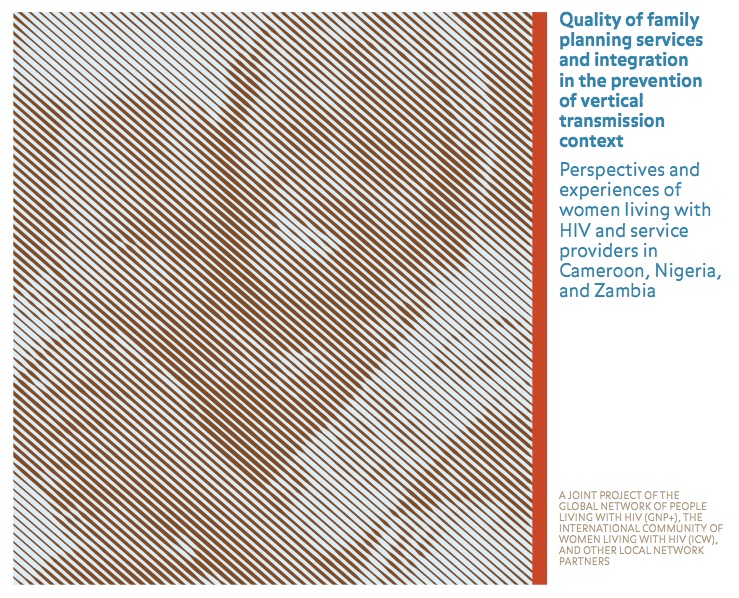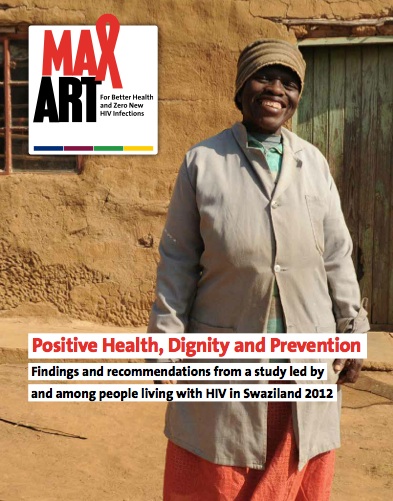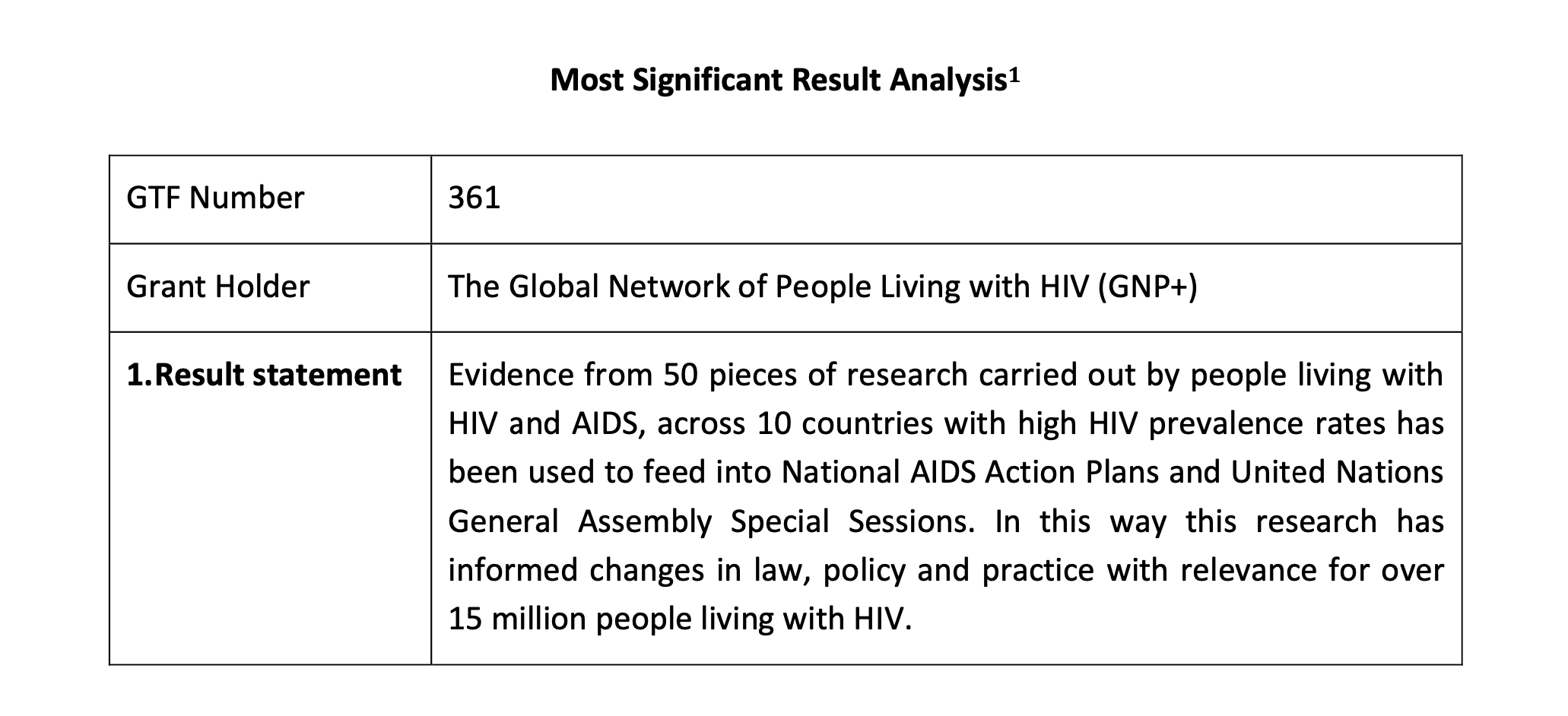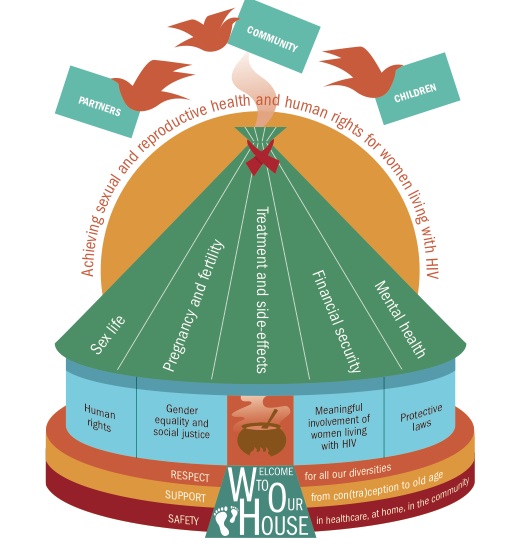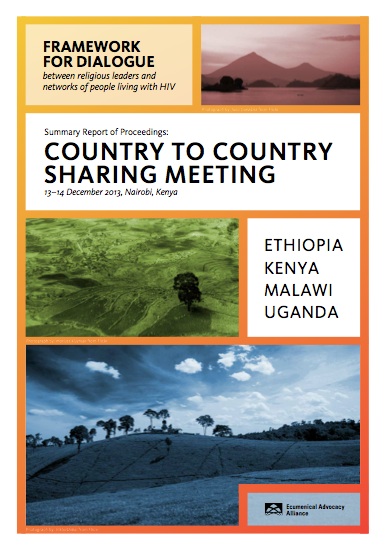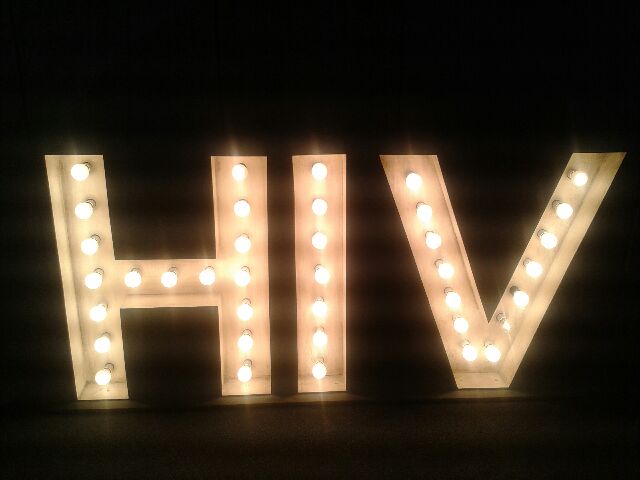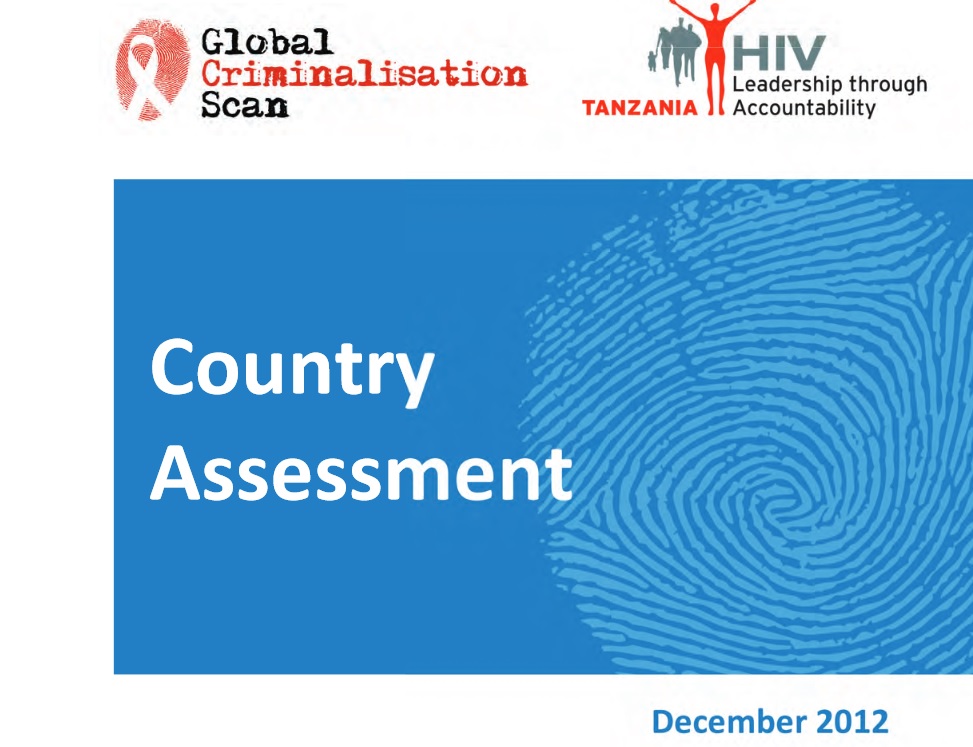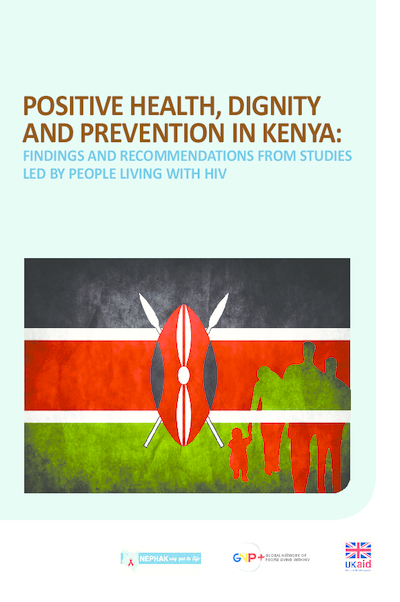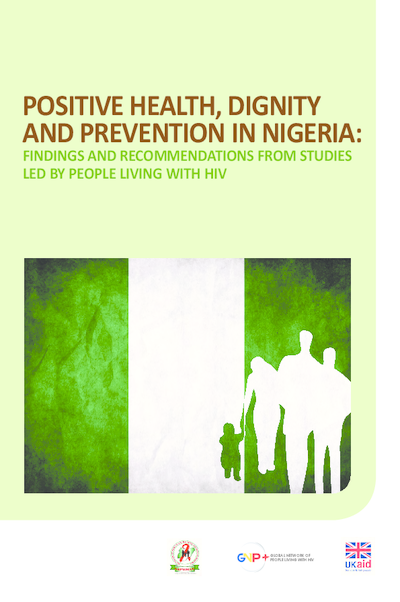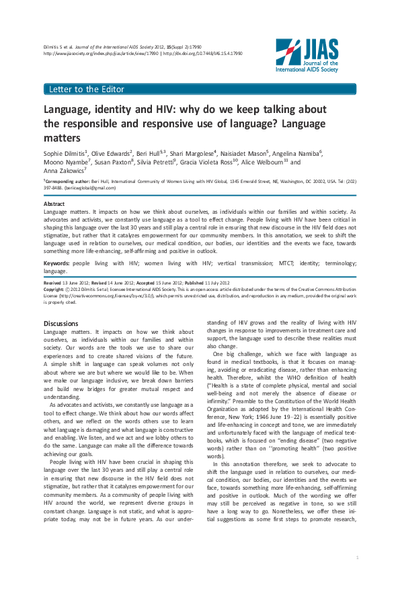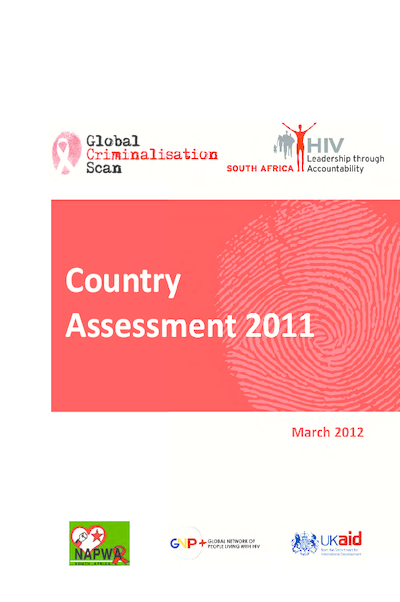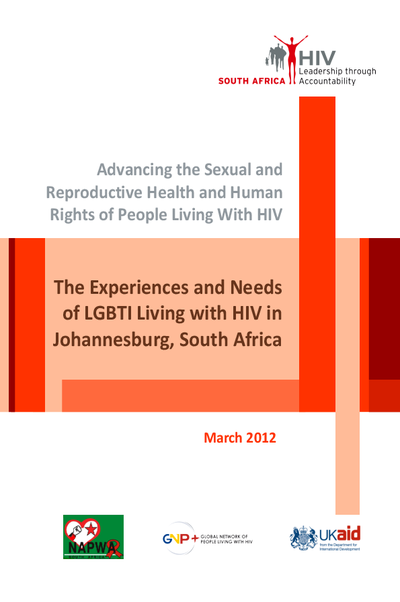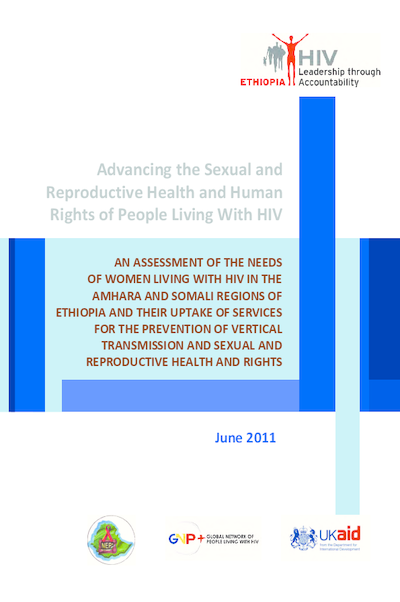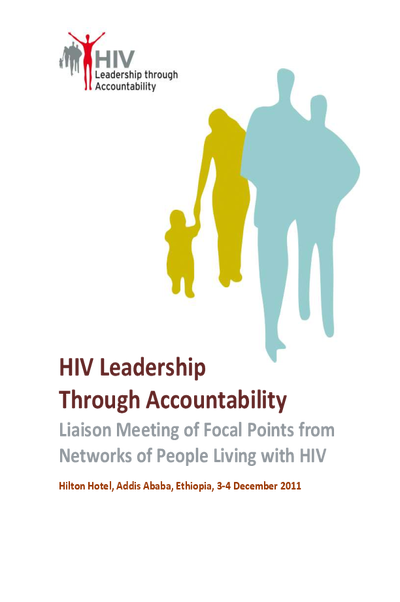The National Association of People Living with HIV and AIDS (NAPWA) would also like to thank the Global Network of People Living with HIV (GNP+) and the United Kingdom’s Department for International Development (DFID) Governance and Transparency Fund (GTF). Their financial and technical support made this study possible.
The mission statements and goals of the participating organisations covered a wide range of activities aimed at addressing the HIV epidemic. These included, improving the lifestyles of people, monitoring and evaluating programmes, providing technical support to health service providers, supporting government, conducting testing campaigns, encouraging home based care and support, developing Integrated Development Programmes (IDPs) and LGBTI services, enhancing delivery and empowering sex workers. Some participants did not provide information about their mission statements.
This report was produced as part of HIV Leadership through Accountability programme, which ran for five years, from 2009 to 2013
It was spearheaded Global Network of People Living with HIV (GNP+) and the World AIDS Campaign (WAC), and funded by the Department for International Development (DfID), to create evidence-based campaigning, advocacy and lobbying for and by people living with HIV. Research was carried out to inform and strengthen national, regional and international advocacy, and was implemented with a bottom-up approach, informed by community responses, and strengthened by South-South collaboration.
The countries where the programme was implemented were: Cameroon, Ethiopia, Kenya, Malawi, Moldova, Nigeria, Senegal, South Africa, Tanzania and Zambia.
More information and background materials can be found at http://www.hivleadership.org/ which is the archive site for the programme
